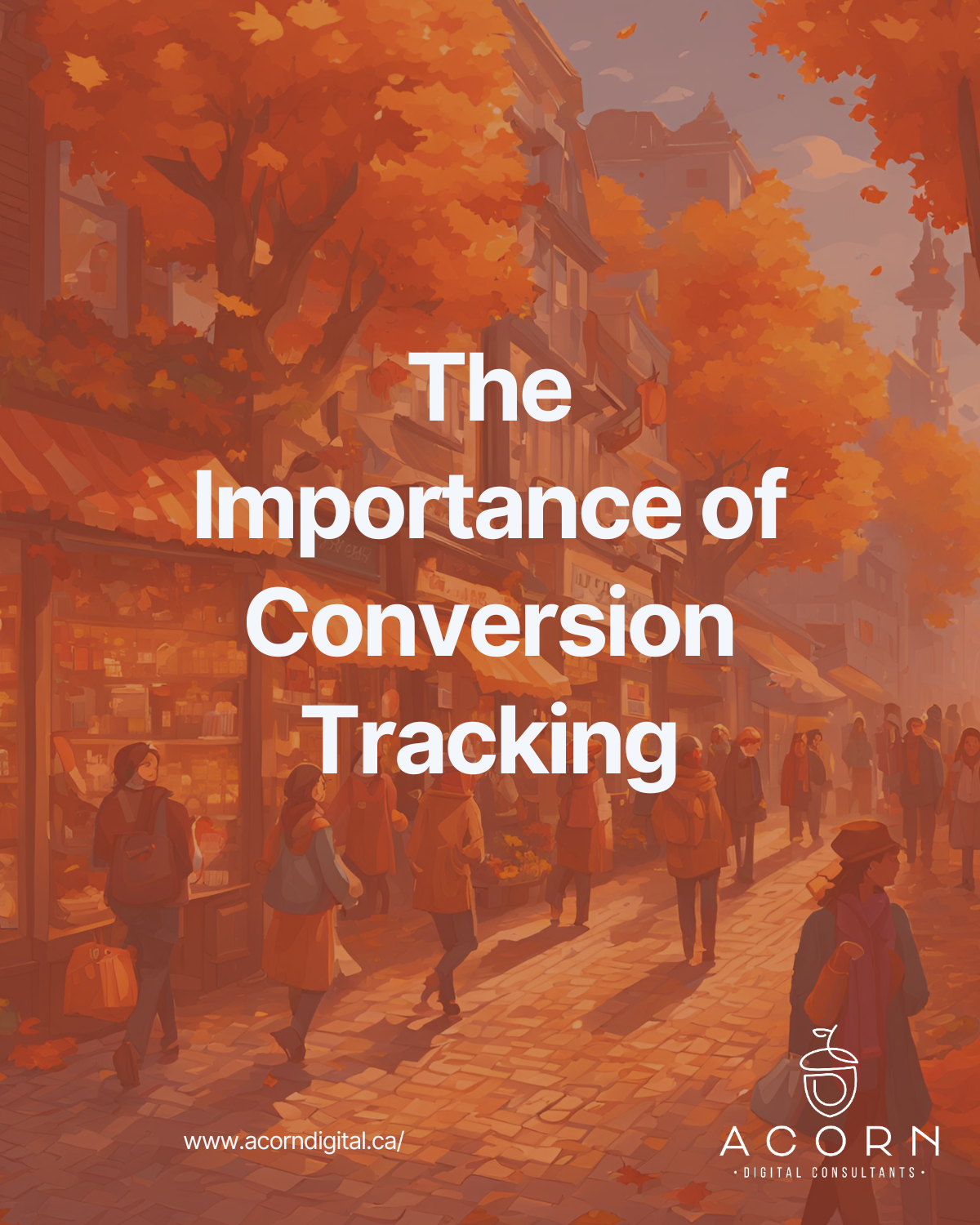Ad account optimization relies on data.
If you don’t have enough data, it’s difficult to ascertain where to push your budgets, where to cut back, and the like.
The most important components of good data that you want to track in just about any account are not basic metrics like impressions, clicks, or CTR. These are useful second-tier metrics, but they’re no the ones that really matter.
No, the data points that should occupy most of your time are the metrics related to conversion tracking. These include:
- Cost per conversion
- Conversion rate
- Number of conversions
- Bonus (if you’re running ecommerce) – conversion value
These are the essential metrics you need to have measured. Doubly so if you want to be able to optimize your ad accounts at all.
Why do you need conversion tracking?
Because these are the metrics that tell you which ads, campaigns, channels are actually bringing in money to your business and which are not.
For example, let’s say your Google Search ads are bringing in 10 conversions a month at $12.94 cost per conversion, compared to Meta bringing in 4 at $55.30 a conversion. Now you know at a glance which channel should spend more, and which should be optimized.
Not only is this essential from a top down business perspective, but it’s also essential data that should guide the decision-making processes for anyone managing your ads.
When you have these you can see which ads are bringing in the most sales and leads and double down on them, as well as which need further optimization.
Of course, the only way to get this data, of course, is to ensure that your conversion tracking is set up. This can include:
- Testing that your pixel is firing
- Testing that your pixel is sending ad data back to your ad platform
- Testing that your analytics such as GA4 is also detecting conversions
- Ensuring all this goes into your CRM or ecommerce backend
Without it, you’re optimizing for metrics that don’t tell the whole story.
For instance, if you got 10 conversions but no tracking, is that ad that got 100 clicks more valuable for your business than the one that got 10?
You might be tempted to say the 100 must have had more, but you really don’t know.
It could be that the ad with fewer clicks was simply better focused and targeting, generating fewer wasted clicks and more sales. (this happens more often than you might suspect)
Ultimately, without conversion data, it’s just a guessing game.
Are you working with a digital marketing agency that is managing your ad accounts but not reporting on key details like conversion tracking? At Acorn, we’ve got over 20 years combined experience resolving tracking and analytics issues, ensuring you’ve got the best data to help drive your return on investment. Give us a shout!


